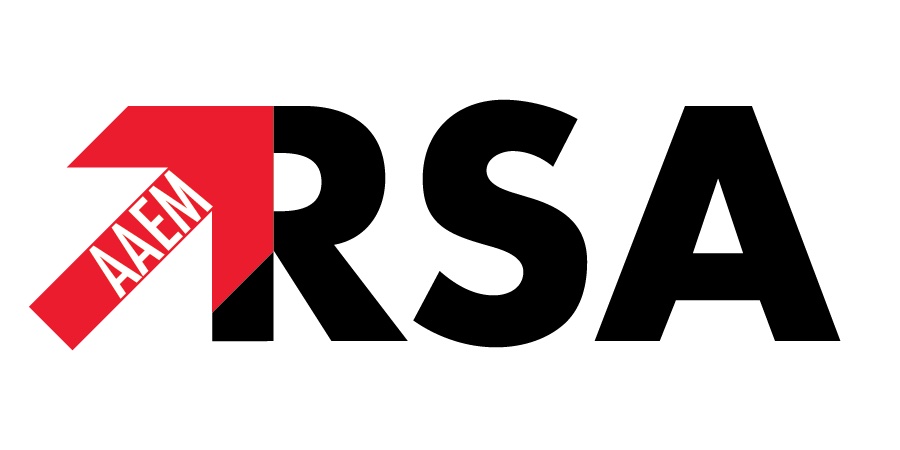Author: Shane R. Sergent, DO
Research is fundamental to medicine. The future of medicine relies on scientific developments and, as such, clinical physicians should be at the forefront of such scientific progress. Research is defined by Merriam-Webster as an investigation or experimentation aimed at the discovery and interpretation of facts, revision of accepted theories or laws in the light of new facts, or practical application of such new or revised theories or laws. Although many of us feel that research is a term reserved for PhD students, it should be a critical part of all of our thought processes and delivery of patient care.
There is a practical reason for educating physicians and physicians in training in research. Publications and research accomplishments advance physician knowledge and the ability to deliver top notch care, as well as advancing physicians to leadership roles at hospitals and academic centers. This is critical for the long-term sustainability of improving medicine. Although research may take years to perfect, it is a learned skill and getting started may be easier than you thought.
- The first component includes being able to read, understand, synthesize and articulate scholarly manuscripts. A literature search using Pubmed, or even Google Scholar can cultivate your ideas.
- Using your literature resources, develop a research plan and/or find a mentor who is experienced with related subject material who can help mature your idea. A mentor may also have resources and funding available for your research, or at least may be able to point you in the right direction. A simple internet search may even present opportunities as the Government Clinical Trials or the Osteopathic Research Center.
- Depending on the nature of the project one must apply for IRB approval from your sponsoring institution.
- Funding is available for students from many osteopathic and national organization; National Institutes of Health, Centers for Disease Control and Prevention, AMA Foundation Scholarship & Research Opportunities, AOA Research Grant and Fellowship Programs.
- Present your findings at various forums. Utilize your technical writing skills and compose abstracts, manuscripts, critiques, lay statements and even book chapters about your findings. Although writing is the official way to communicate scientific findings, research also encompasses being able to verbalize evidential finding to various audiences, from the public to medical students to clinicians to scientific experts.

